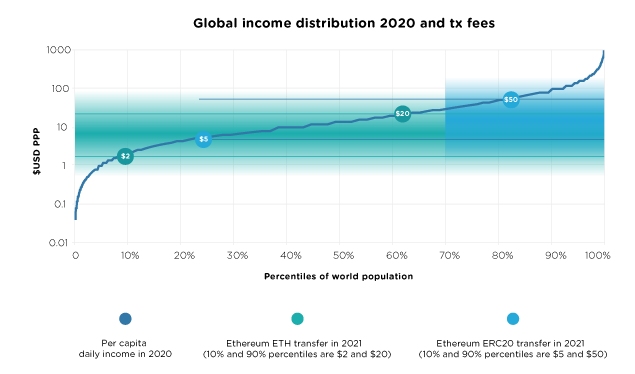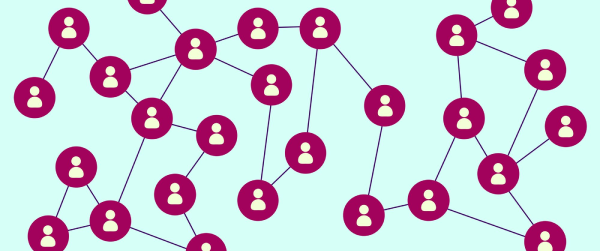ENCOINTER FOR WEB3
Our simple solution to a hard problem

Blockchain’s inherent anonymity (or at least, pseudonymity) poses a challenge: hidden identities enable abuses, such as users creating multiple accounts to manipulate a network. Creating a unique digital identity, to prevent this without requiring real-world identification, is one of cryptocurrency’s “hard problems” as identified by Vitalik Buterin. Encointer takes a very practical approach to this problem.
All that’s needed to prevent abuse (such as Sybil attacks) is proof of personhood, not proof of identity. That is, the community needs to know that each user is a real person, with only one account. In person, that’s easy. A person can’t be in two places at once – and a bot certainly can’t impersonate a human in the flesh. So the Encointer identity system simply requires every participant to be available to attend regular meetups, which are held at the same time everywhere, and to use the Encointer app on site to confirm their attendance.

That’s all – no identification, no names, no personal details. Anyone can join, but no one can hold more than one account. By providing proof of unique personhood and location, this simple key-signing mechanism provides a Sybil defense for the network and forms a community web of trust.
It’s good for more than our currencies – the Encointer protocol can offer a much wider security benefit. Any Kusama parachain could leverage this mechanism for Sybil defense. It could be used to establish a faucet to regularly release tokens to confirmed human users. In this way, the Encointer parachain provides Sybil resistance as a service to the entire Kusama ecosystem (and potentially to Polkadot and other blockchains, via cross-network bridge).
Of course user privacy is particularly important when restricted to a single unique identity, and the Encointer protocol also involves numerous mechanisms to protect the privacy of users. All considered, Encointer’s unique identity mechanism is uniquely secure and effective at protecting both users and the overall network.
Promoting a more democratic web
There are two more ways Encointer can support a more democratic Kusama community. First, the proof of unique personhood can support “one person, one vote” governance systems in applications where staking could result in unfair outcomes – for instance, in reputation systems, or off-chain decision making. As such it offers a useful complement to Kusama’s existing governance.
And second, by providing a way to pay fees in a token adjusted to local purchasing power, Encointer could act as a first stepping stone to greater adoption of Web3 services in developing regions. Despite the democratic ideals of the decentralized web, in practice, it’s not equally accessible to all. The cost of blockchain transaction fees is usually not significant for users in the developed world, but global income disparities are vast; an apparently modest $5 fee is actually more than what 25% of the world’s population earns in a day.

Encointer provides a way to remove barriers to inclusion in Web3 networks that could be especially helpful for localized financial services. By creating a decentralized, unique identity system that is not reliant on any central authority, it could provide access for those currently excluded from the financial system; and by enabling the creation of tokens geared toward local purchasing power, fees can be tailored to user income levels.
Kusama Common Good Parachain
Encointer has been granted a common good parachain slot on Kusama. This means that the backend blockchain powering Encointer will be secured by billions of dollars worth of KSM tokens – a level of security which a non-profit project could never achieve on its own.


Introducing Encointer: Making Web3 Truly Inclusive
Encointer was recently granted Kusama’s second common-good parachain slot by Kusama’s on-chain governance community, and began onboarding to the network on January 9th, 2022. In this post, we take an in-depth look at Encointer and the problems it addresses.

Encointer's plan to bring universal basic income to the unbanked
Encointer, a Zurich-based startup, is working on a crypto-based universal basic income scheme that could radically change how we think about the mechanics of giving away free money in local communities.
For all the latest news and updates:

